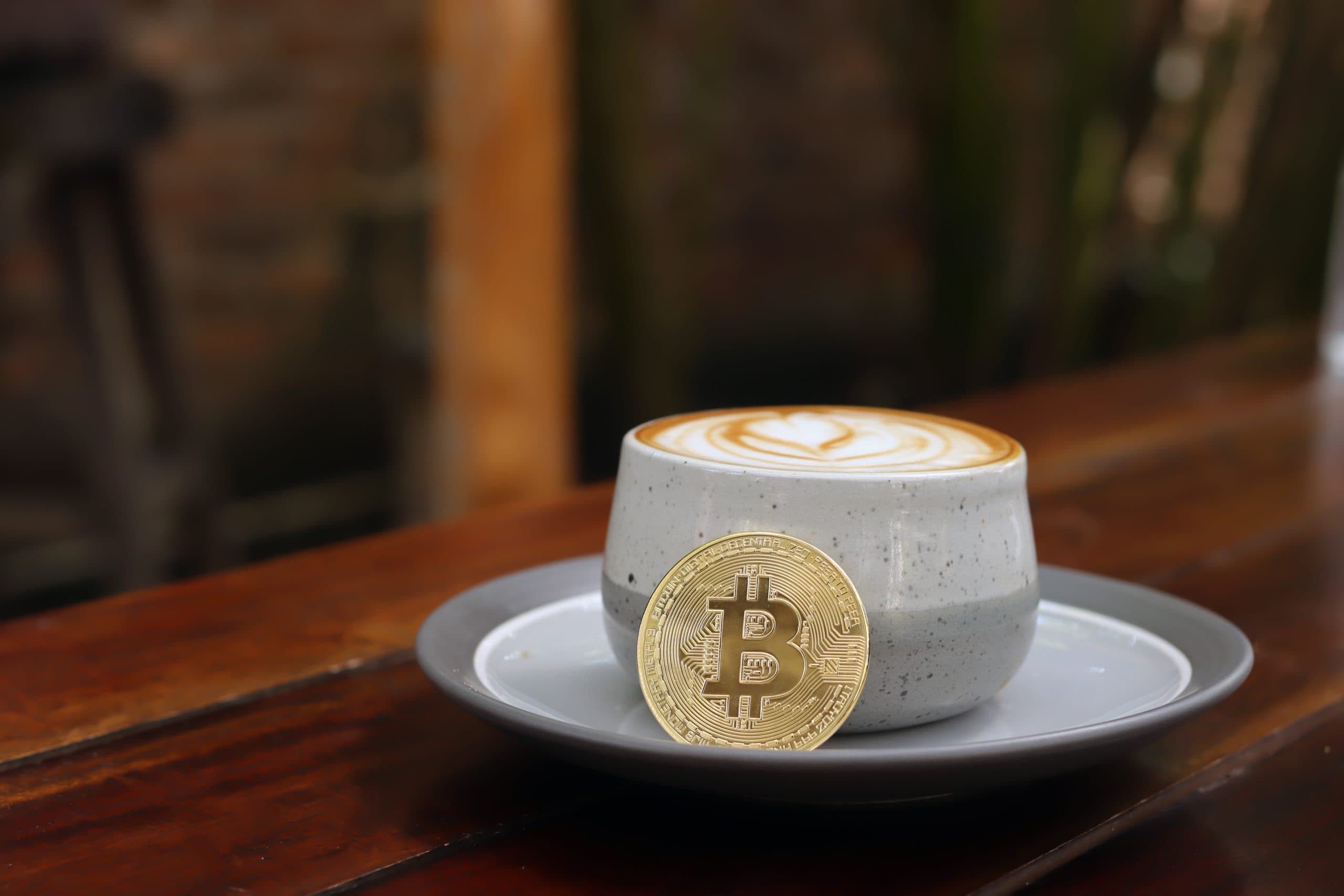Skepticism about the adoption of BTC in El Salvador
3 min readTable of Contents
BTC will officially become legal tender in El Salvador next week.
The country has not had its own national currency for some time and uses the US dollar. Recently, however, more and more Salvadorans have used BTC, especially for remittances, which make up a very large part of national GDP.
BTC, legal tender in El Salvador
From next week, the country will have two currencies, the US dollar and the BTC.
However, there are still many people in El Salvador who are skeptical of this innovative decision.
The Guardian says a number of technological and financial challenges may derail President Nayib Bukele’s plan to bring the country’s economy out of the current crisis into a wave of cryptocurrencies. However, the mere introduction of BTC as legal tender in a country does not necessarily bring such results.
This means that a clear distinction needs to be made between what the country’s current political leader wants and what the citizens want.
Politicians come and go, and every political propaganda campaign must end, but BTC will remain. Instead of focusing on the possible success of Bukele’s political initiative, we should instead focus on the real long-term effect of such a decision..
Risks associated with BTC
Be that as it may, there are problems here because countries still too often suffer power outages that make digital currencies completely unusable. However, this also applies to US dollars, unless physical banknotes and coins are used.
Another problem is the volatility of the BTC price in dollars, which can only be solved for the time being by allowing very fast exchange of BTC for dollars.
Many problems related to the specific daily use of BTC already have a solution, but it is difficult to imagine that it would be easy to accept them in a country like Salvador. It will simply take time, and one should not expect everything to go smoothly from the first moment.
Local economist Ricardo Castañeda, for example, says the president did not fully understand the implications of the country’s new legal tender law and, in particular, the risk of “possibly turning the country into a money laundering haven.”
In such cases, however, it is perfectly normal for there to be skepticism, because uncertainty and absolute novelty always inevitably raise doubts and therefore concerns.
Population reaction
This means that it is estimated that about two thirds of the country’s population are not willing to accept BTC as a means of payment, at least for now.
However, if we look at the situation from a different point of view, the fact that more than 30% of the population is willing to accept BTC and that many of them already use it to send remittances from abroad actually suggests a possible good start, ie. the first small but significant step on a journey that promises to be long and winding, but absolutely viable.
It would probably be wrong to consider this initiative before it is even put into practice, and it might be a good idea to wait at least a few months before any court takes action on it, not least because BTC has repeatedly been able to surprise in the past by exceeding skeptics’ expectations. .
Chinese banks are investigating e-yuan for the purpose of selling investment funds and insurance






